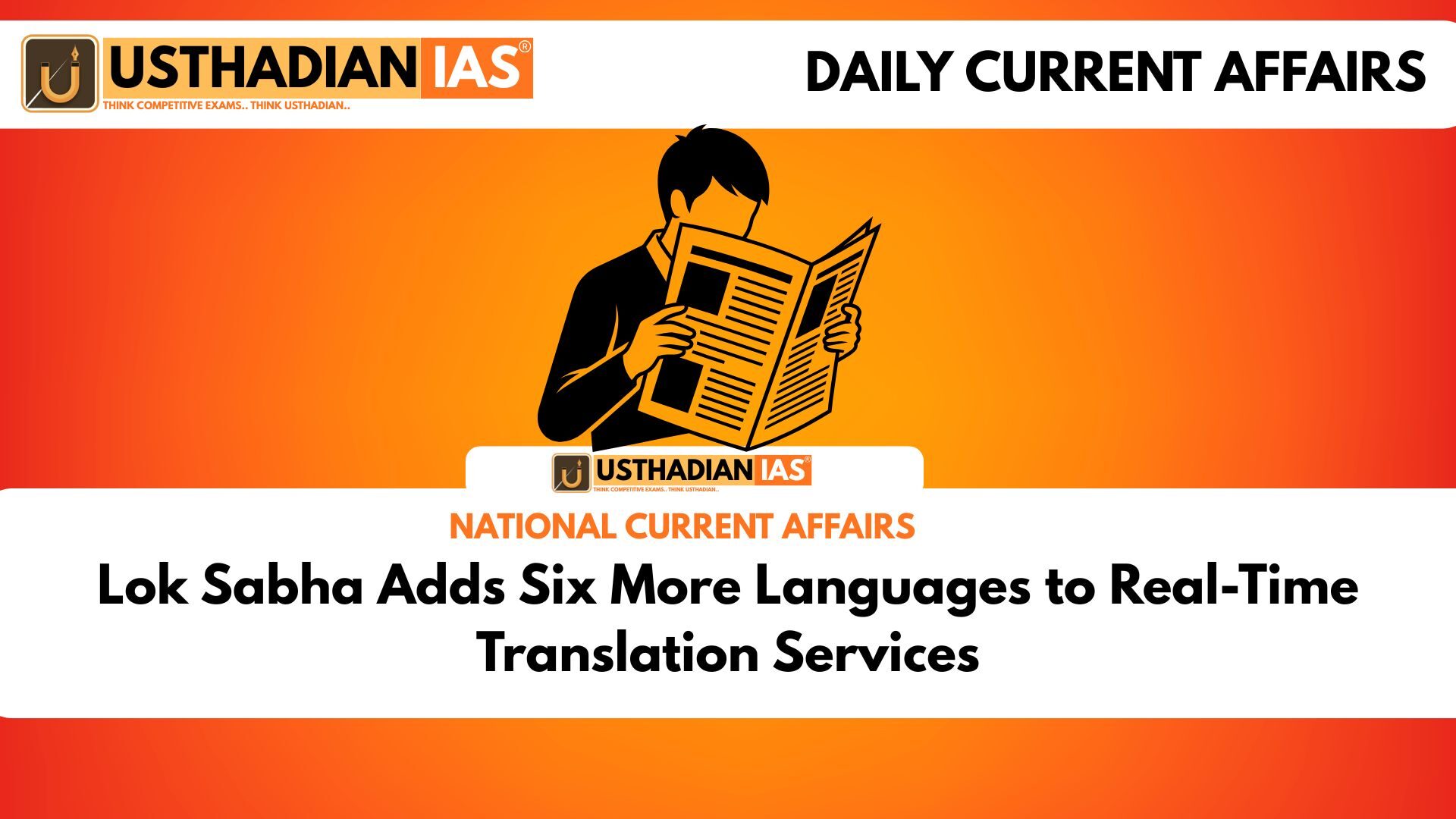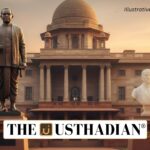Expanding Language Accessibility in Parliament
Lok Sabha Adds Six More Languages to Real-Time Translation Services: In a major initiative to promote linguistic diversity and inclusivity, Lok Sabha Speaker Om Birla announced the inclusion of six additional languages in the real-time translation services of the Indian Parliament. The newly added languages—Bodo, Dogri, Maithili, Manipuri, Sanskrit, and Urdu—are part of a broader effort to make parliamentary debates accessible to all elected representatives, regardless of their native language.
From 10 to 16: Widening the Scope of Inclusivity
Prior to this update, Lok Sabha provided translation services in 10 Indian languages, in addition to Hindi and English. These included Assamese, Bengali, Gujarati, Kannada, Malayalam, Marathi, Odia, Tamil, Telugu, and Hindi. With this latest expansion, translation coverage now reaches 16 out of the 22 languages listed under Schedule 8 of the Indian Constitution. Speaker Om Birla has indicated that plans are underway to extend services to all 22 recognized languages as infrastructure and skilled manpower improve.
A Global First in Parliamentary Democracy
This move places India in a unique global position, becoming the first parliamentary democracy to offer real-time multilingual translation on such a large scale. The initiative has drawn attention from international legislative bodies, underscoring India’s commitment to democratic representation through linguistic plurality.
Controversy Over Sanskrit Inclusion
The decision to include Sanskrit sparked intense debate in the House. DMK MP Dayanidhi Maran objected, stating that Sanskrit is not widely spoken and pointed to the 2011 Census, which recorded only around 73,000 speakers. He argued that resources should be directed toward more commonly spoken languages that are still not part of the system.
In defence, Speaker Om Birla emphasized the cultural and linguistic heritage of Sanskrit, asserting its historical significance as the foundation of many Indian languages. He reiterated that the goal is not only functional communication but also the preservation of India’s ancient linguistic identity.
A Vision of Democratic Language Equality
This development aligns with India’s broader democratic vision—where every Member of Parliament has the right to speak in their mother tongue. As the Parliament becomes more accessible linguistically, the reform is expected to improve both the quality of participation and the representativeness of the legislative process, particularly in a nation as multilingual as India.
The expansion serves as a milestone in bridging language gaps in governance, empowering MPs from diverse regions to express themselves fully and effectively in the Lok Sabha.
STATIC GK SNAPSHOT
| Topic | Details |
| Announced By | Om Birla, Speaker of Lok Sabha |
| Date of Announcement | February 2025 |
| New Languages Added | Bodo, Dogri, Maithili, Manipuri, Sanskrit, Urdu |
| Languages Previously Covered | Assamese, Bengali, Gujarati, Kannada, Malayalam, Marathi, Odia, Tamil, Telugu, Hindi, English |
| Total Languages Now Supported | 16 |
| Languages in Schedule 8 | 22 |
| Sanskrit Speakers (2011 Census) | Approx. 73,000 |
| Controversy Raised By | Dayanidhi Maran (DMK MP) |
| Speaker’s Response | Emphasis on cultural preservation |
| Global Milestone | Only Parliament with such multilingual translation services |








